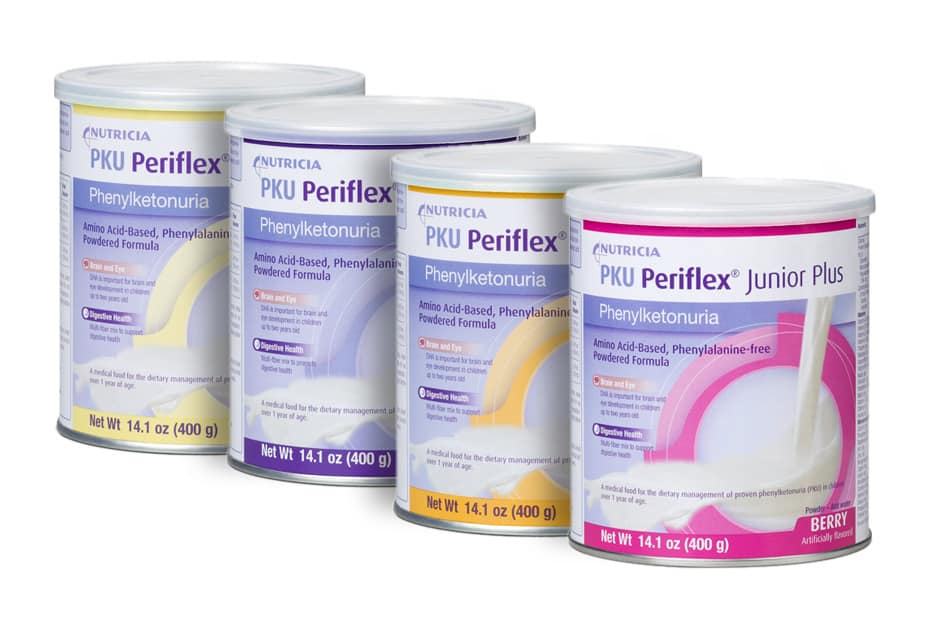
Calcium is a mineral best known for its role in bone health. In fact, the body stores more than 99% of calcium in bones and teeth to keep them strong.1 Calcium also plays a key role in other important functions of the body. Your body uses calcium to help move your muscles and your blood, to release hormones, and to send messages via your nerves.2
The body needs stable levels of calcium in the blood, muscles, and cells in order to function properly. The amount of calcium required for these tissues is small (less than 1% of the body’s total calcium), but if you don’t get enough calcium from your diet, the body pulls the calcium it needs from what is stored in the bones. Over time, this can lead to bone loss.1
Calcium intake throughout childhood and adolescence sets the stage for your little one’s lifelong bone health. Developing strong bones during these years will reduce the risk of fractures and osteoporosis later in life.3
Here are the current recommendations by for how much calcium your child should consume daily:2
| Age Range | Recommended Intakes of Calcium (per day) |
|---|---|
| Birth to 6 months | 200 mg |
| 7-12 months | 260 mg |
| 1-3 years | 700 mg |
| 4-8 years | 1000 mg |
| 9-18 years | 1300 mg |
Typical food sources of calcium are milk and milk products, as well as soy products like tofu, sardines, and leafy greens. For children with phenylketonuria (PKU) or other inborn errors of metabolism like homocystinuria (HCU) or tyrosinemia (TYR), these foods are often not included (or highly restricted) in a low protein diet. That’s why metabolic formulas typically provide calcium as well as vitamin D and other micronutrients. Vitamin D is important for bone health because it plays a key role in the body’s absorption of calcium.3 That’s one of the reasons why it is so important for your child to drink all of his or her formula each day.

Nutricia offers a variety of metabolic formulas that provide calcium and vitamin D. For example, PKU Periflex® Junior Plus, a medical food for individuals over the age of 1 with PKU, is high in both calcium and vitamin D. It meets 100% of the daily recommended intake of calcium for a 2-year-old in 20 grams of protein equivalent (PE). PKU Periflex Junior Plus and the Anamix® Next range for HCU, IVA, MMA/PA and TYR also contain a multi-fiber blend to help support digestive health, and DHA, an important nutrient for brain and eye development in children up to two years old.
Calcium and vitamin D aren’t the only things that can impact your bones! Another important factor for bone health is regular exercise. Bones (just like muscles) get stronger the more we use them. Weight-bearing activities like hiking, dancing, and jogging are particularly beneficial.3 So make sure that your child consumes the whole amount of prescribed formula each day and try to stay active as a family!
The information provided in this article is not intended to take the place of professional medical advice. Always talk to your metabolic healthcare professional before making any changes to your child’s diet or exercise routine.
PKU Periflex Junior Plus and the Anamix Next range are medical foods for the dietary management of inborn errors of metabolism and must be used under medical supervision.
References:
[1] Weaver CM, Peacock M. Calcium. Adv Nutr. 2011;2:290-292.
[2] https://ods.od.nih.gov/factsheets/Calcium-Consumer/. Accessed Nov 19, 2020.
[3] https://www.bones.nih.gov/health-info/bone/bone-health/juvenile. Accessed January 5, 2021.
